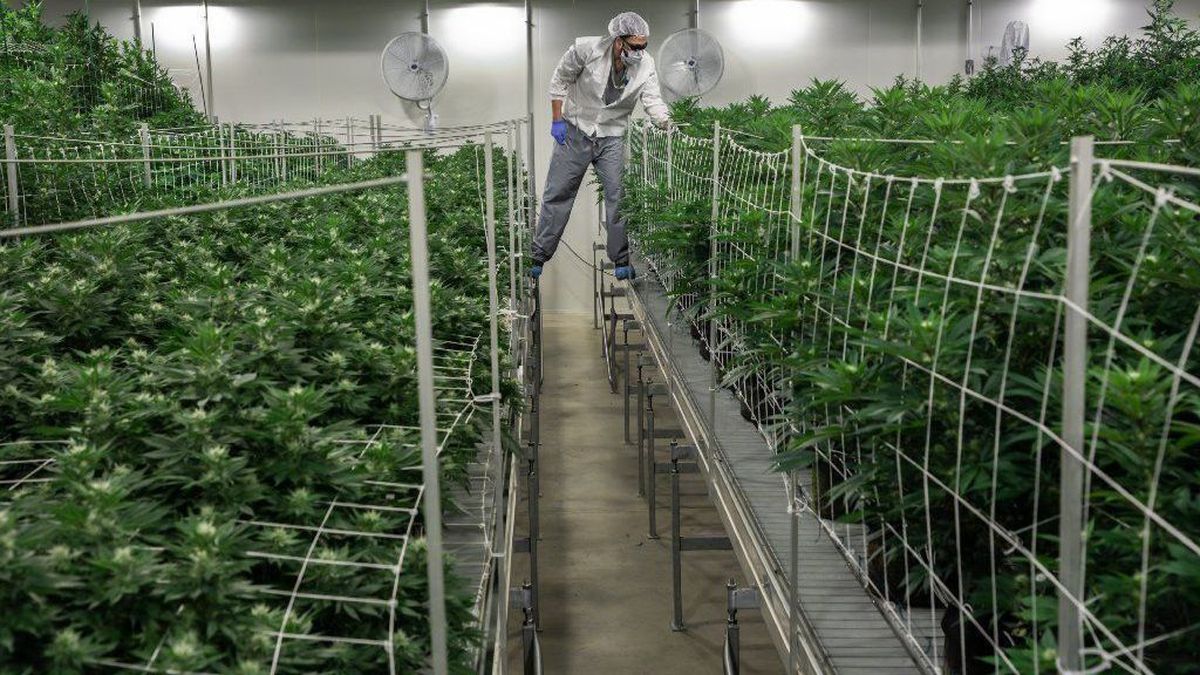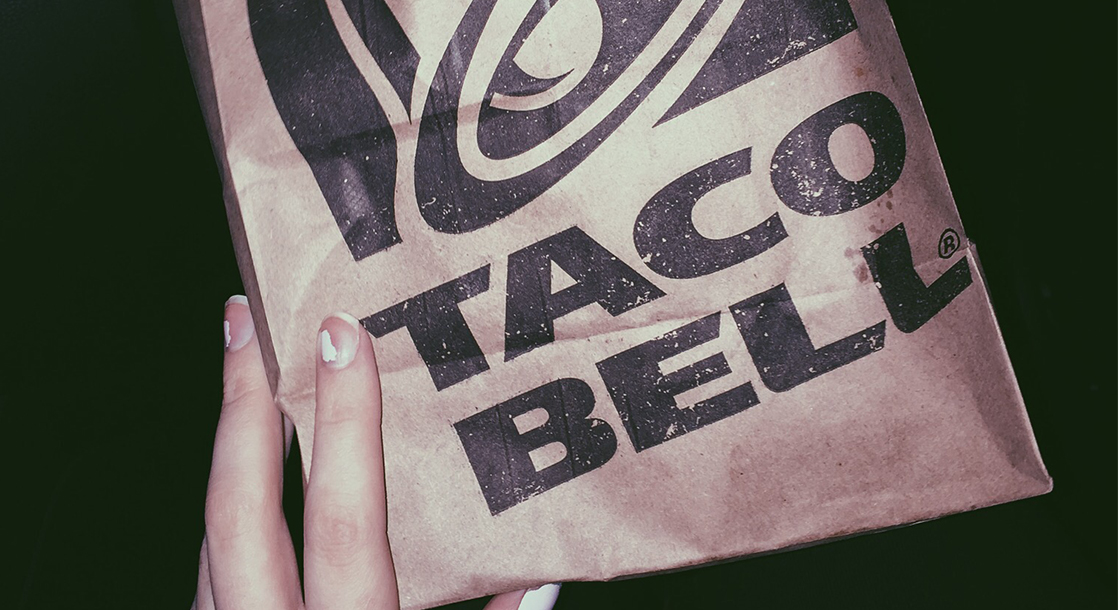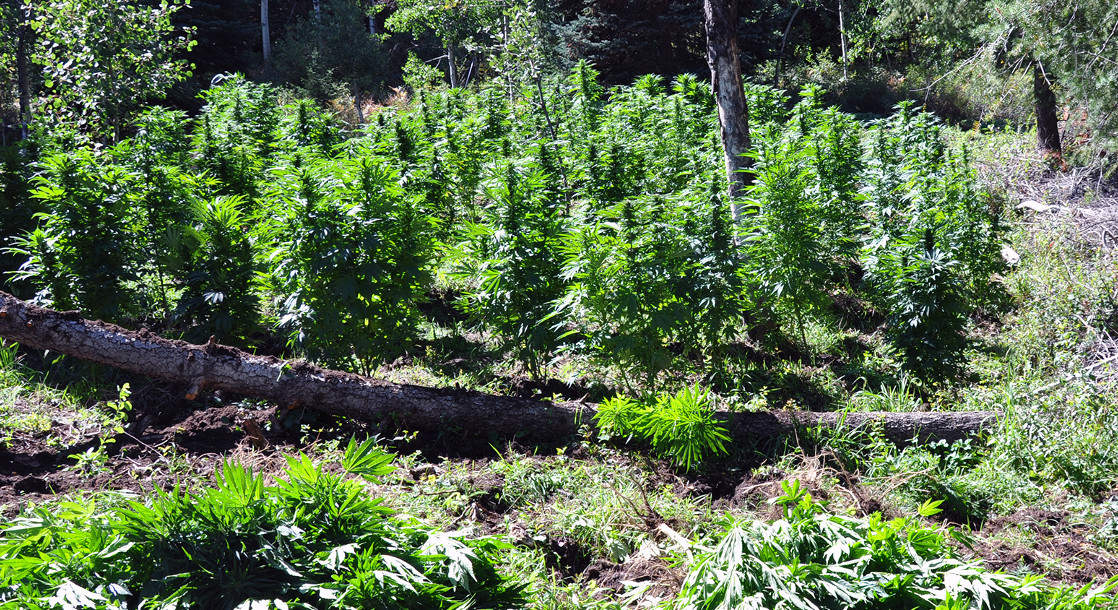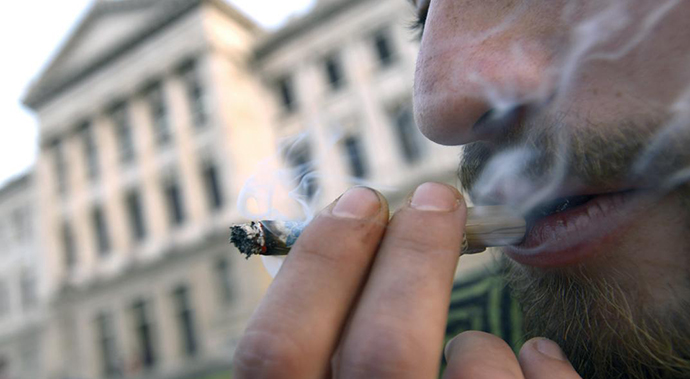Image via
Missouri’s thriving medical cannabis industry created nearly ten percent of all new jobs in the state last year, according to the Missouri Medical Cannabis Trade Association (MoCannTrade).
The trade group arrived at this estimate by comparing data on the number of medical marijuana jobs with the total number of new jobs created last year. In January, the Missouri Department of Health and Human Services (DHSS) reported that it had issued a total of 6,596 ID cards to registered employees working in the state medical cannabis industry. These new positions account for nearly one-tenth of the 77,600 new jobs tallied by the state Department of Labor in 2021.
And while most job growth tends to occur in big cities, the medical marijuana market has brought employment to smaller towns and rural areas. As an example, MoCannTrade cites Flora Farms, which opened a cultivation site and a dispensary in the small town of Humansville. This new business brought more than 200 jobs to a town with only 1,051 residents, many of whom would otherwise need to commute over 100 miles round-trip to work in Springfield, the nearest large city.
“Missouri’s medical cannabis industry is delivering on its promise of not only providing safe, affordable and convenient access for patients but also helping to infuse the state’s economy with sizable investment and millions in new tax revenue,” said MoCannTrade executive director Andrew Mullins in a press release.
Missouri voters legalized medical marijuana by way of a ballot initiative back in 2018, but it took nearly two years for the state to get the program running. Dispensaries finally opened their doors in October 2020, and the industry continued to grow over the course of last year. To date, state regulators have approved 185 dispensaries, 63 infused product manufacturers, and 46 cultivation facilities, and nearly 170,000 patients are currently registered with the program.
In 2021, the industry’s first full year of operation, dispensaries sold over $200 million worth of medical pot. Licensing fees and taxes have brought Missouri millions of dollars in additional revenue, which it has been reinvesting into veterans’ programs. In September 2020, before dispensaries even started selling weed, the DHSS used over $2 million in licensing revenue to fund new health programs for military veterans.
Missouri’s medical marijuana market is going strong, but efforts to expand cannabis reform even further have stalled. In the past year, many people have been sent back to prison after having their probation revoked for legally using medical marijuana. And although larger cities like St. Louis and Kansas City have locally decriminalized minor pot possession, state lawmakers have shot down numerous bills to bring decriminalization or full adult-use legalization to the state as a whole.
Rather than waiting for lawmakers to act, the advocacy group that successfully campaigned to legalize medical marijuana in 2018 has launched a new adult-use ballot initiative. New Approach Missouri, now rebranded as Legal Missouri 2022, is currently collecting signatures for a ballot measure that would create a taxed and regulated adult-use cannabis market and allow former cannabis offenders to have their criminal records expunged.











